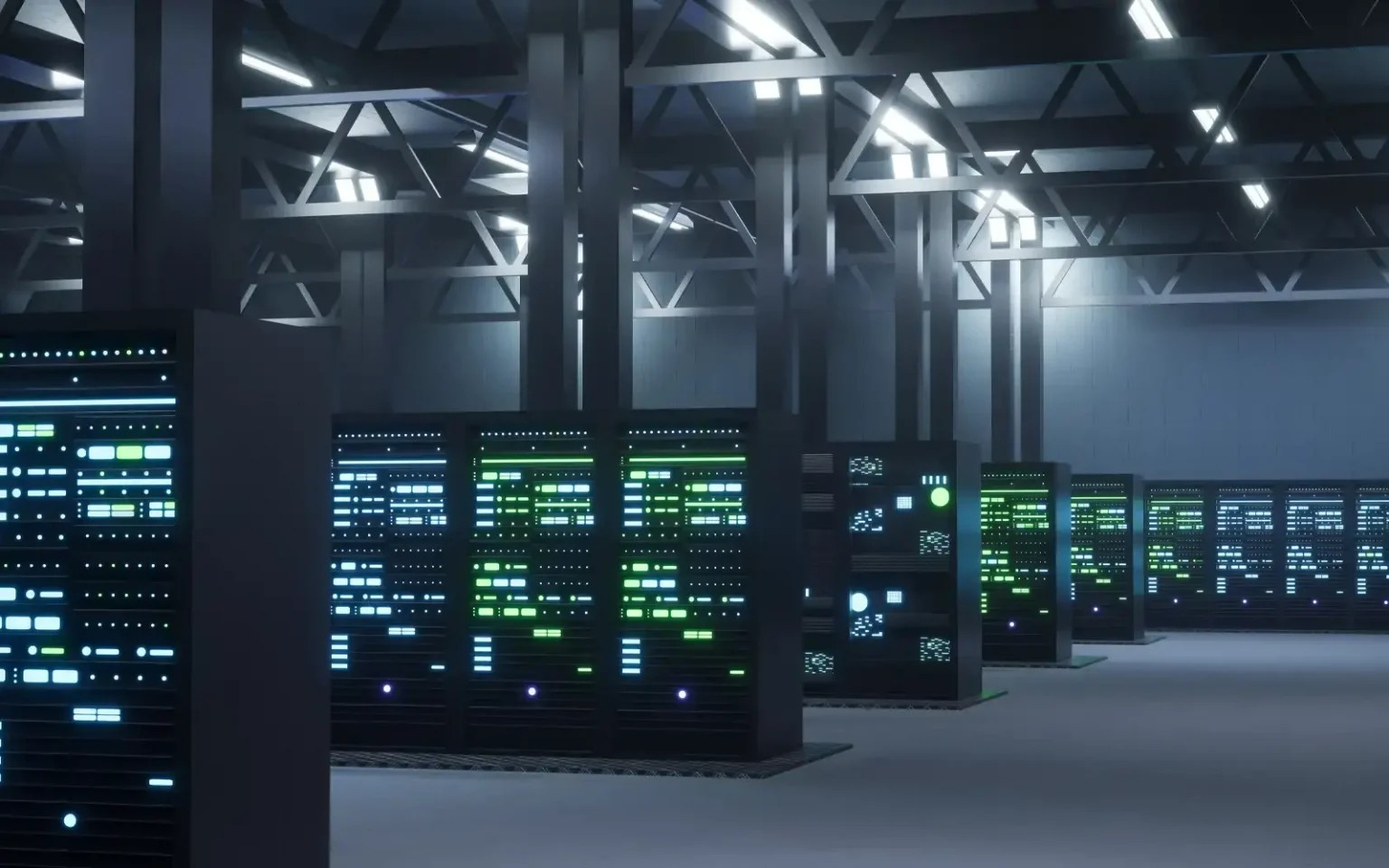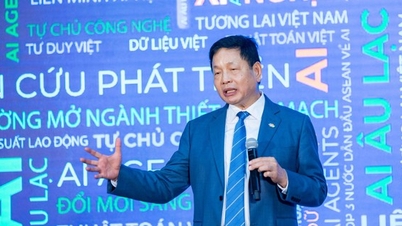A Malaysian official suggested that tech companies should pay for access to water and energy for their data centers as the booming demand for AI infrastructure puts pressure on resources.
Malaysia is emerging as a global data center "hotspot." The country has attracted over $16 billion in committed investments over the past year from Amazon, Nvidia, Google, Microsoft, and ByteDance, most of which are dedicated to developing data centers in the state of Johor, bordering Singapore.
However, data centers require enormous amounts of energy and water for cooling, causing concern among officials.
Nik Nazmi Nik Ahma, Minister of Natural Resources and Sustainable Environment, said the government is becoming more selective after the boom in data centers put immense pressure on water and energy resources.
Instead of licensing just any data center, the government will consider whether it incorporates AI or other advanced technologies.
He also added: "Data is the new oil of the 21st century, and we want to be a part of it."

Mr. Nazmi hopes that data centers will pay for access to water and energy, emphasizing that many companies are willing to do so in order to operate domestically.
Part of the reason Malaysia and Johor have become regional data hubs is the low cost of land, abundant labor, proximity to Singapore, and the fact that Singapore suspended the construction of new data centers from 2019 to 2022 due to concerns related to energy consumption.
From 2024, Malaysia began allowing data center operators to use energy directly from clean energy producers, bypassing the grid.
According to Minister Nazmi, the change will help develop local renewable energy systems as technology companies pay for access to clean energy sources.
Johor currently has 22 data centers and 8 more under construction, according to research firm Baxtel. Bryan Tan, a manager at the law firm Reed Smith, commented that Johor's data center potential is "enormous," suggesting the state is capable of supporting 40 centers.
Johor is aiming to double its electricity capacity to 2.7 gigawatts by 2027, supporting up to 90 data centers, according to Mr. Tan. However, he believes this goal can only be achieved with more clean energy.
Amid global energy concerns, major technology companies are increasing their direct electricity purchases from suppliers or developing their own power sources, investing in both traditional renewable energy sources like wind and solar power, as well as nuclear power.
According to Mr. Nazmi, Malaysia aims for 70% renewable energy by 2050, up from 25% currently.
(According to FT)
Source: https://vietnamnet.vn/malaysia-trung-tam-du-lieu-nen-tra-phi-tiep-can-nang-luong-2360457.html


![[Photo] Prime Minister Pham Minh Chinh receives the Governor of Tochigi Province (Japan)](/_next/image?url=https%3A%2F%2Fvphoto.vietnam.vn%2Fthumb%2F1200x675%2Fvietnam%2Fresource%2FIMAGE%2F2025%2F12%2F16%2F1765892133176_dsc-8082-6425-jpg.webp&w=3840&q=75)

![[Image] Leaked images ahead of the 2025 Community Action Awards gala.](/_next/image?url=https%3A%2F%2Fvphoto.vietnam.vn%2Fthumb%2F1200x675%2Fvietnam%2Fresource%2FIMAGE%2F2025%2F12%2F16%2F1765882828720_ndo_br_thiet-ke-chua-co-ten-45-png.webp&w=3840&q=75)
![[Photo] Prime Minister Pham Minh Chinh receives Lao Minister of Education and Sports Thongsalith Mangnormek](/_next/image?url=https%3A%2F%2Fvphoto.vietnam.vn%2Fthumb%2F1200x675%2Fvietnam%2Fresource%2FIMAGE%2F2025%2F12%2F16%2F1765876834721_dsc-7519-jpg.webp&w=3840&q=75)
![[Live] 2025 Community Action Awards Gala](/_next/image?url=https%3A%2F%2Fvphoto.vietnam.vn%2Fthumb%2F1200x675%2Fvietnam%2Fresource%2FIMAGE%2F2025%2F12%2F16%2F1765899631650_ndo_tr_z7334013144784-9f9fe10a6d63584c85aff40f2957c250-jpg.webp&w=3840&q=75)
























































![[Photo] Prime Minister Pham Minh Chinh attends the Vietnam Economic Forum 2025](https://vphoto.vietnam.vn/thumb/402x226/vietnam/resource/IMAGE/2025/12/16/1765893035503_ndo_br_dsc-8043-jpg.webp)





































Comment (0)